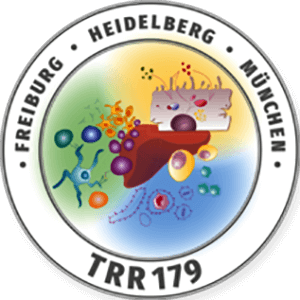
Is a research institute that is located at the University of Heidelberg and that focuses its research activities on hepatitis viruses and RNA viruses, especially flaviviruses such as Dengue virus and Zika virus and on coronaviruses, including SARS-CoV-2. Another focus is innate antiviral immunity. As part of the faculties for Medicine and BioSciences, the research division Molecular Virology participates in training of medical students in the field of virology and is also involved in lectures, seminars and practical training for students in biosciences.
The creation of the department has been made possible by the Chica und Heinz Schaller Stiftung. This institution financed the position of the department head for the first 10 years and in addition provided a start-up support to help setting up the department.
Die Molekulare Virologie ist ein Forschungsinstitut, das an der Universität Heidelberg angesiedelt ist und seine Forschungsaktivitäten auf Hepatitis-Viren und RNA-Viren, insbesondere Flaviviren wie etwa das Dengue-Virus und das Zika-Virus sowie auf Coronaviren, darunter SARS-CoV-2, konzentriert. Ein weiterer Schwerpunkt ist die angeborene antivirale Immunität. Als Teil der Fakultäten für Medizin und Biowissenschaften beteiligt sich die Abteilung Molekulare Virologie an der Ausbildung von Medizinstudenten auf dem Gebiet der Virologie und organisiert Vorlesungen, Seminare und Praktika für Studenten der Biowissenschaften im Rahmen des Majors "Infektionskrankheiten".
Ermöglicht wurde die Gründung der Abteilung Molekulare Virologie durch die Chica und Heinz Schaller Stiftung. Diese finanzierte die Stelle des Abteilungsleiters für die ersten 10 Jahre und leistete darüber hinaus eine Starthilfe zum Aufbau der Abteilung.
Recent News
- Approval of Hepcludex (Zulassung des in der Abteilung Molekulare Virologie Heidelberg entwickelten Medikaments Hepcludex zur Behandlung der Hepatitis D Virus Infektion)
The first drug to treat hepatitis delta has recently been approved by the European Medicines Agency (EMA).
The drug is called Hepcludex/bulevirtide, formerly known as Myrcludex B. Hepcludex and has been developed by Prof. Stephan Urban at the research division Molecular Virology in Heidelberg. The drug inhibits the entry of Hepatitis D Virus (HDV) and Hepatitis B Virus into liver cells by blocking the viral receptor. Hepcludex has received provisional approval after very favorable data from two phase 2 clinical trials. This approval makes the drug available to patients suffering from chronic hepatitis D.
It took almost 20 years, starting from the first experiments that aimed at studying virus entry into cells, then realizing the therapeutic potential of using gained knowledge to develop an entry inhibitor until final approval. The drug had been licensed to MYR Pharmaceuticals, which has recently been acquired by Gilead Sciences.
- Gilead Sciences - Press Release
- University Hospital Heidelberg - Press Release: US-Branchenriese Gilead sichert sich Hepcludex
Publications
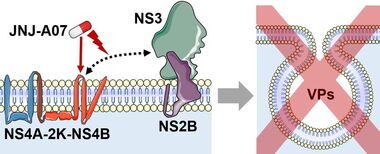
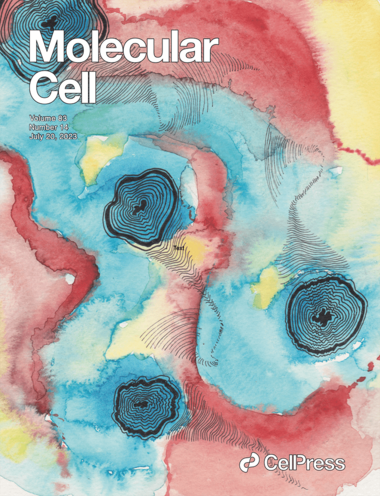
Press release by the EMBL: Replication cycle of SARS-CoV-2 in 3D
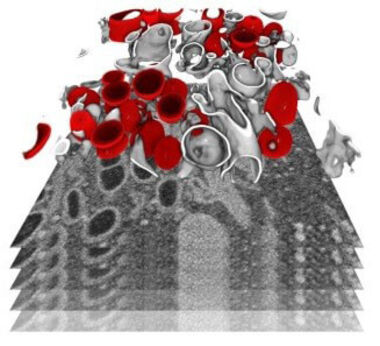
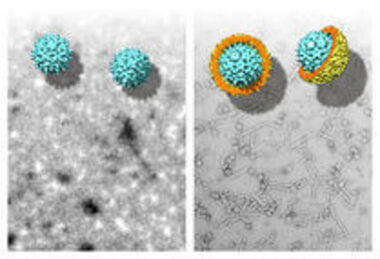
Job Openings
- Open position for a postdoctoral fellow or a PhD student in the research group of Alessia Ruggieri at Heidelberg University.
Job Description
- Open position for PhD student in the research group of Alessia Ruggieri at Heidelberg University.
Job Description
